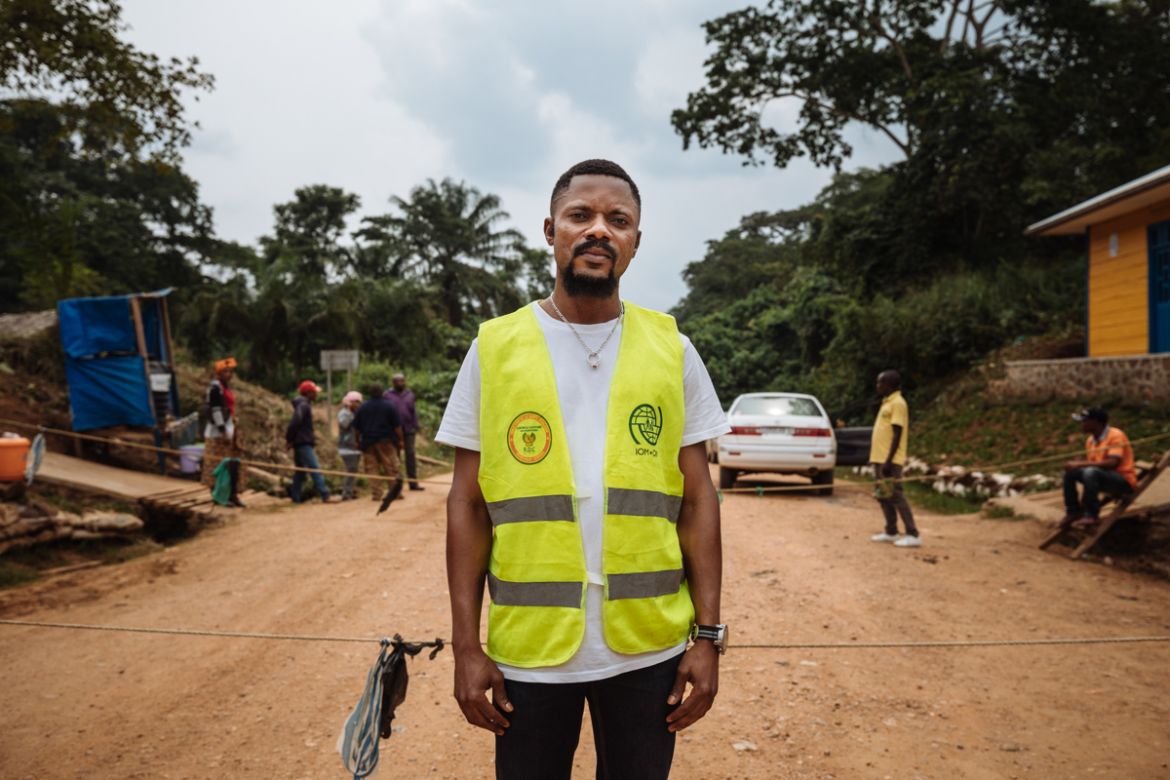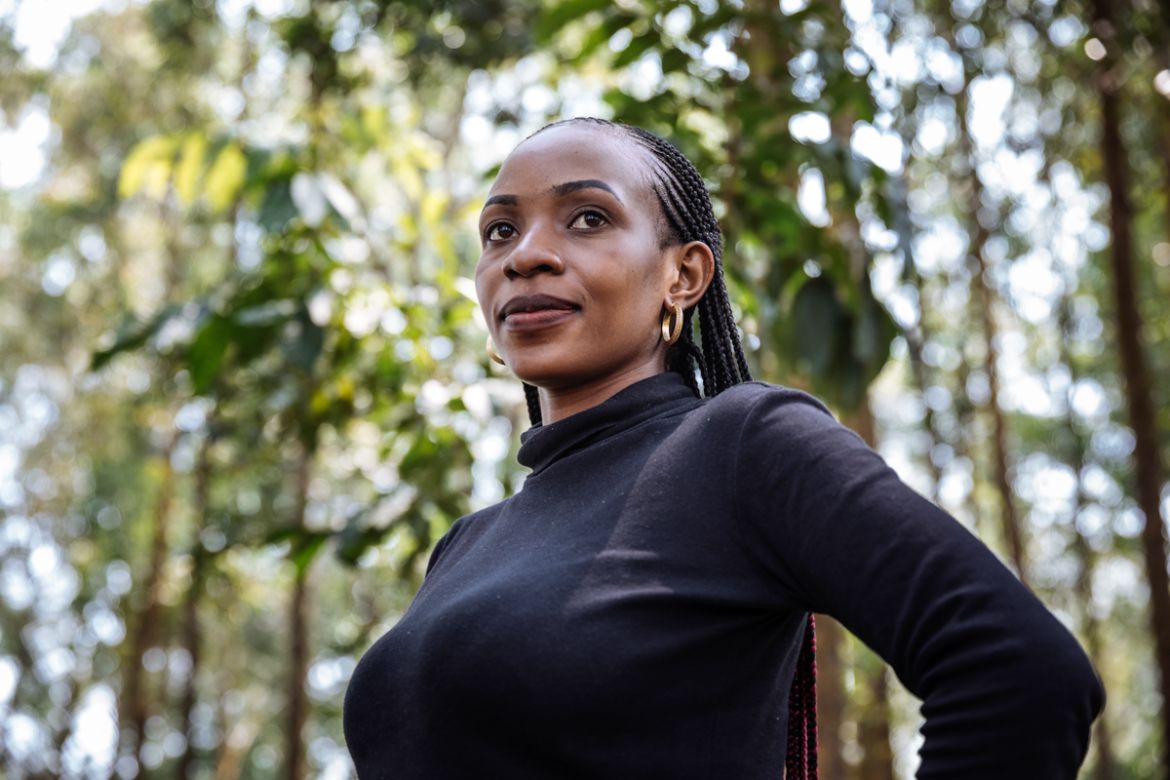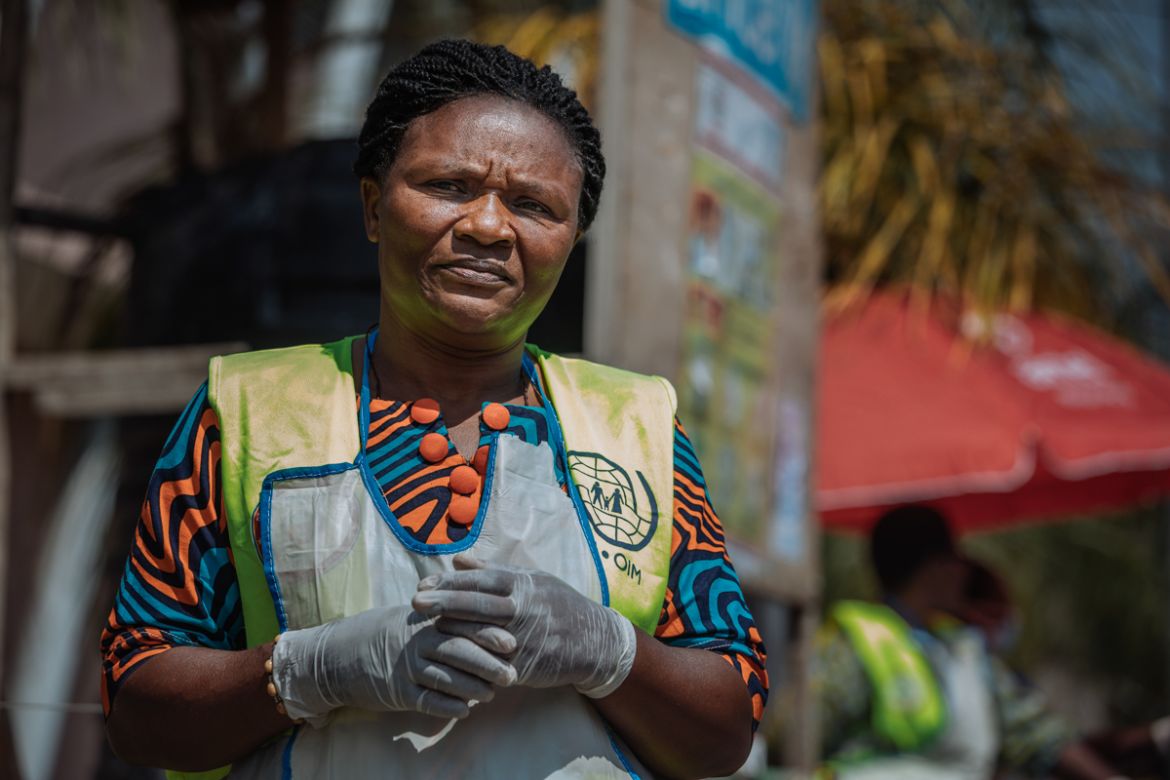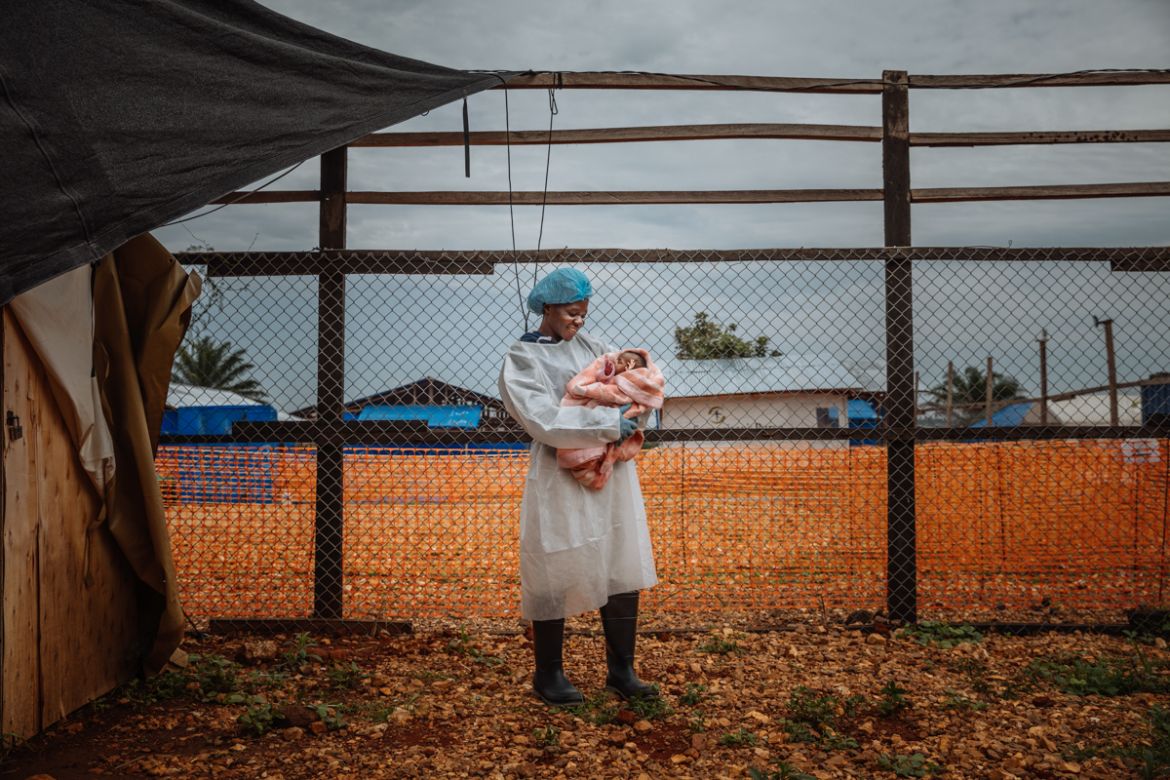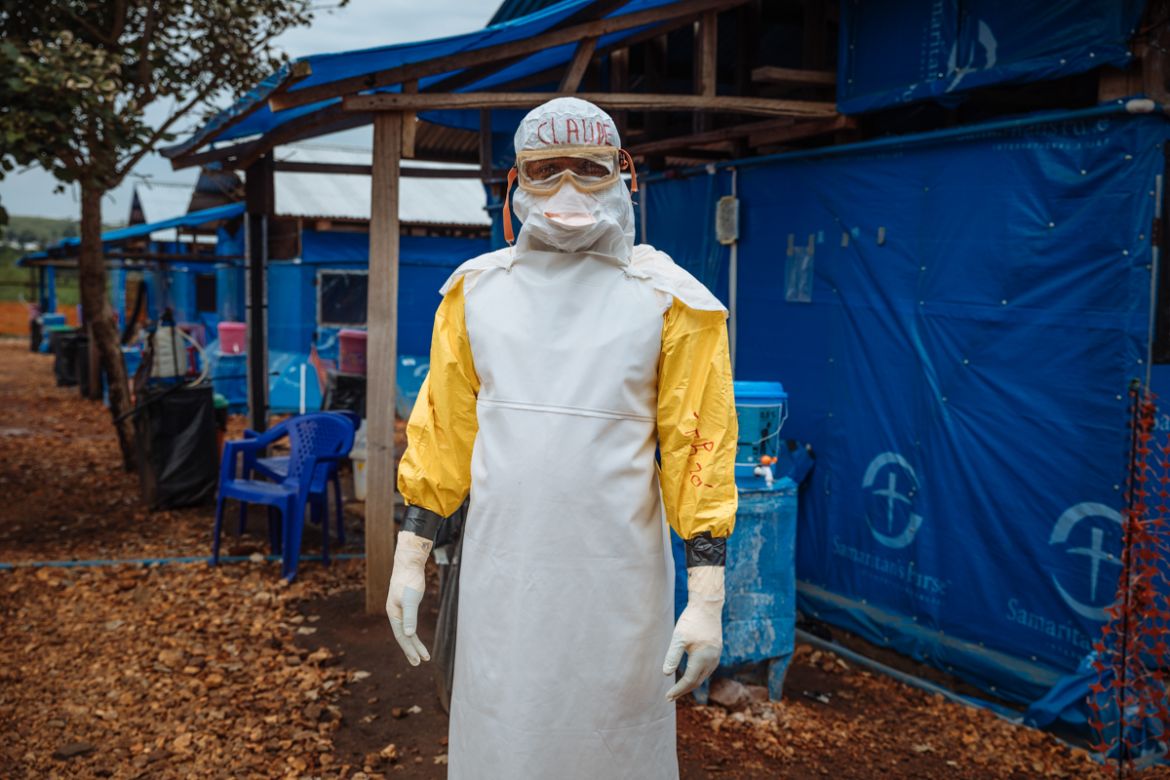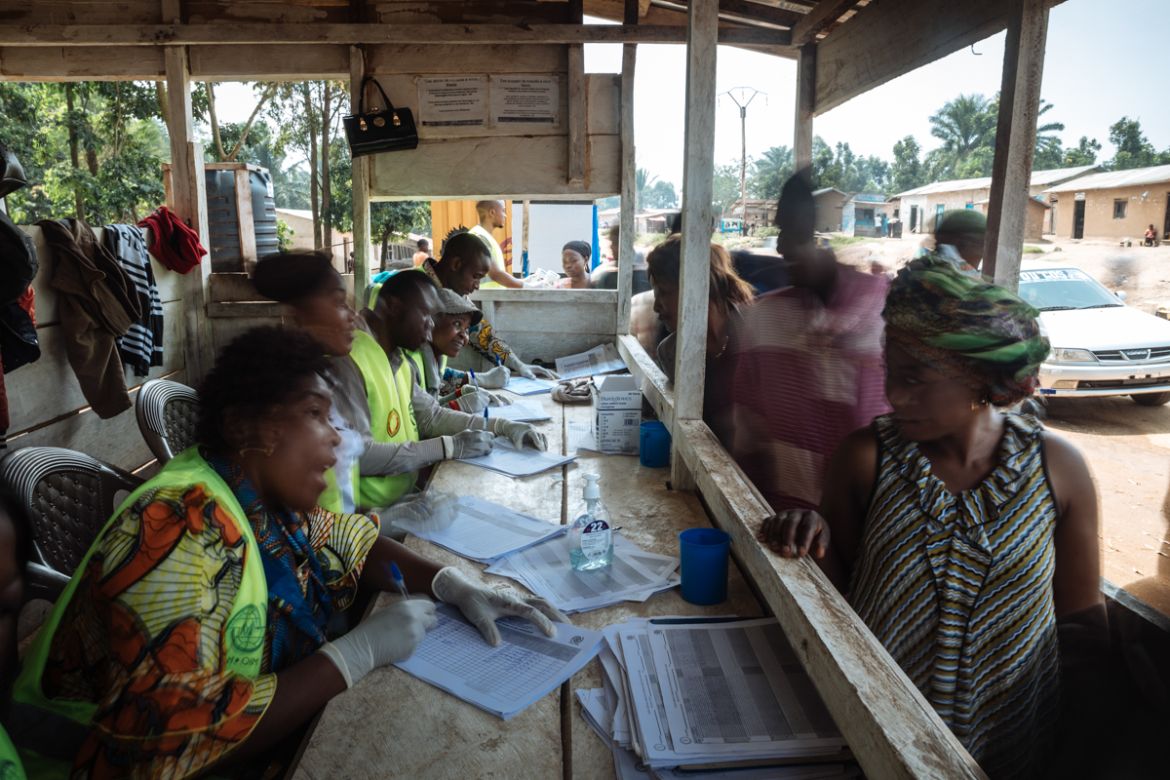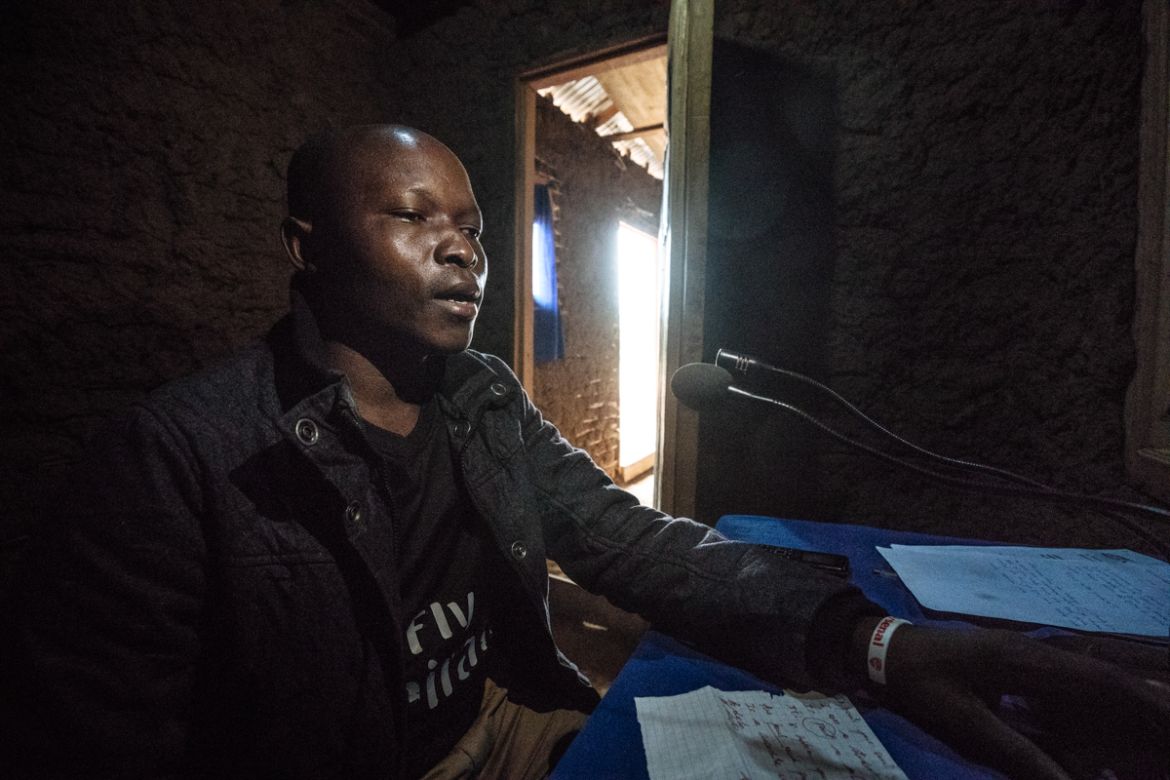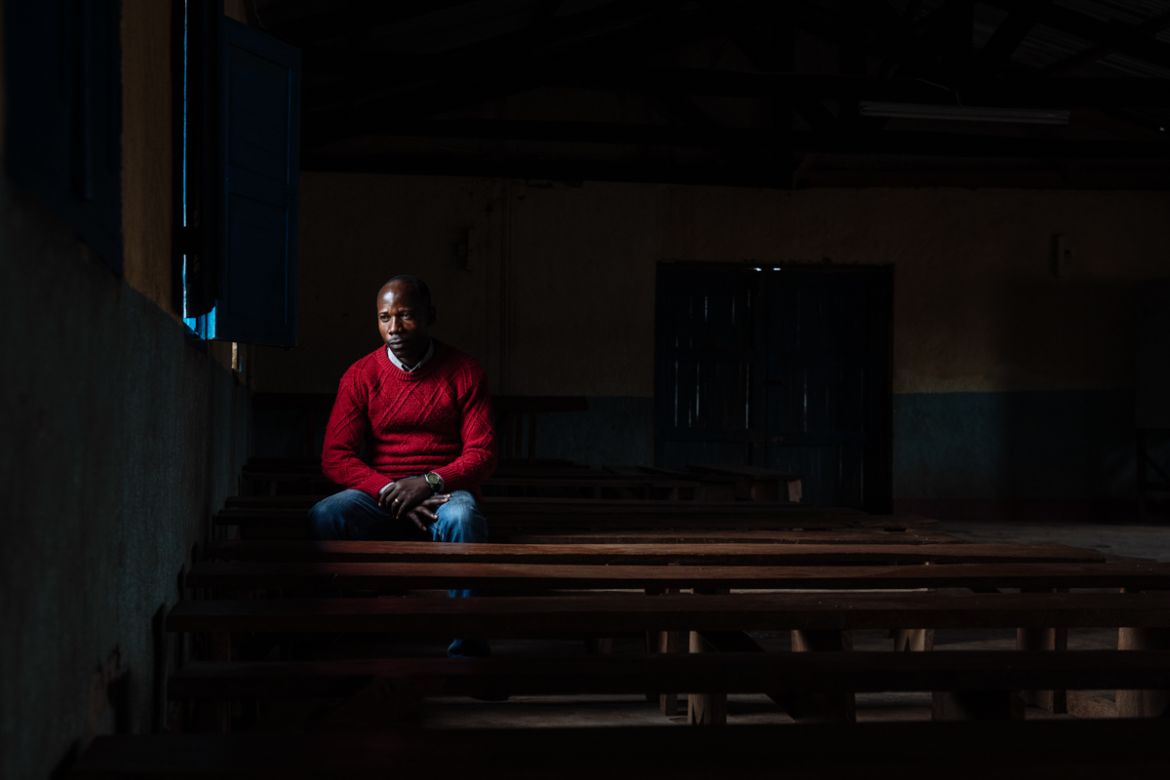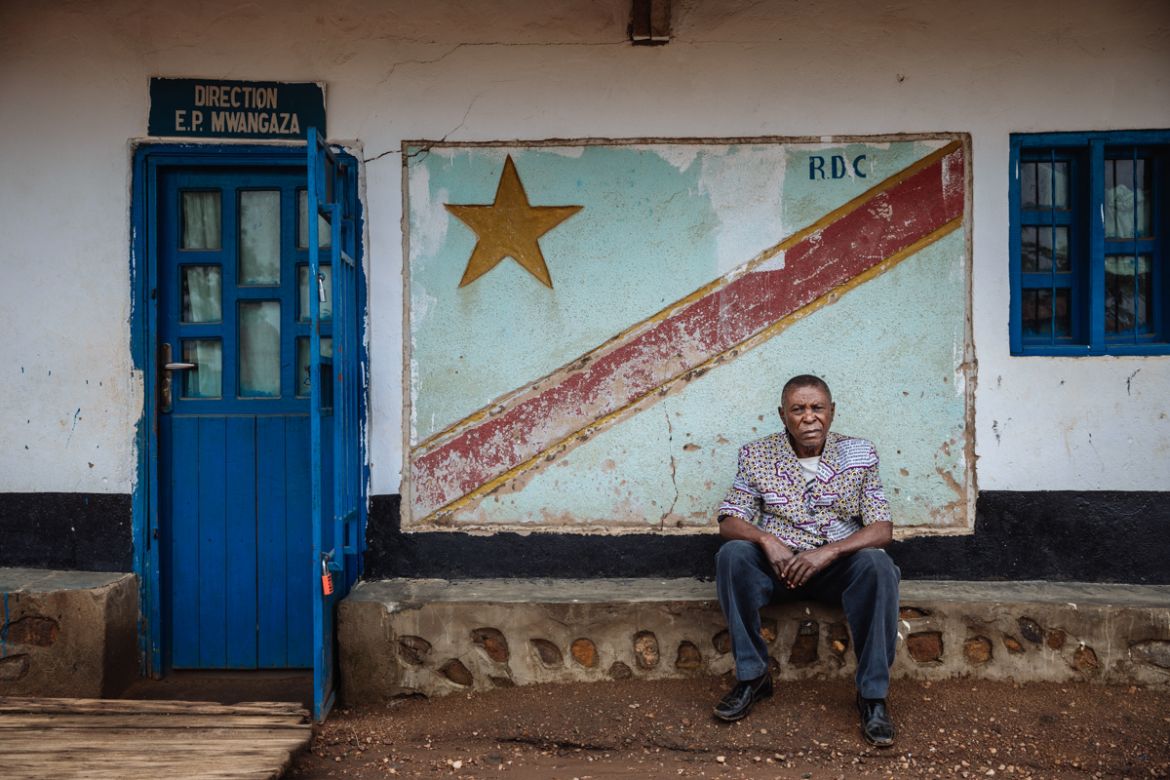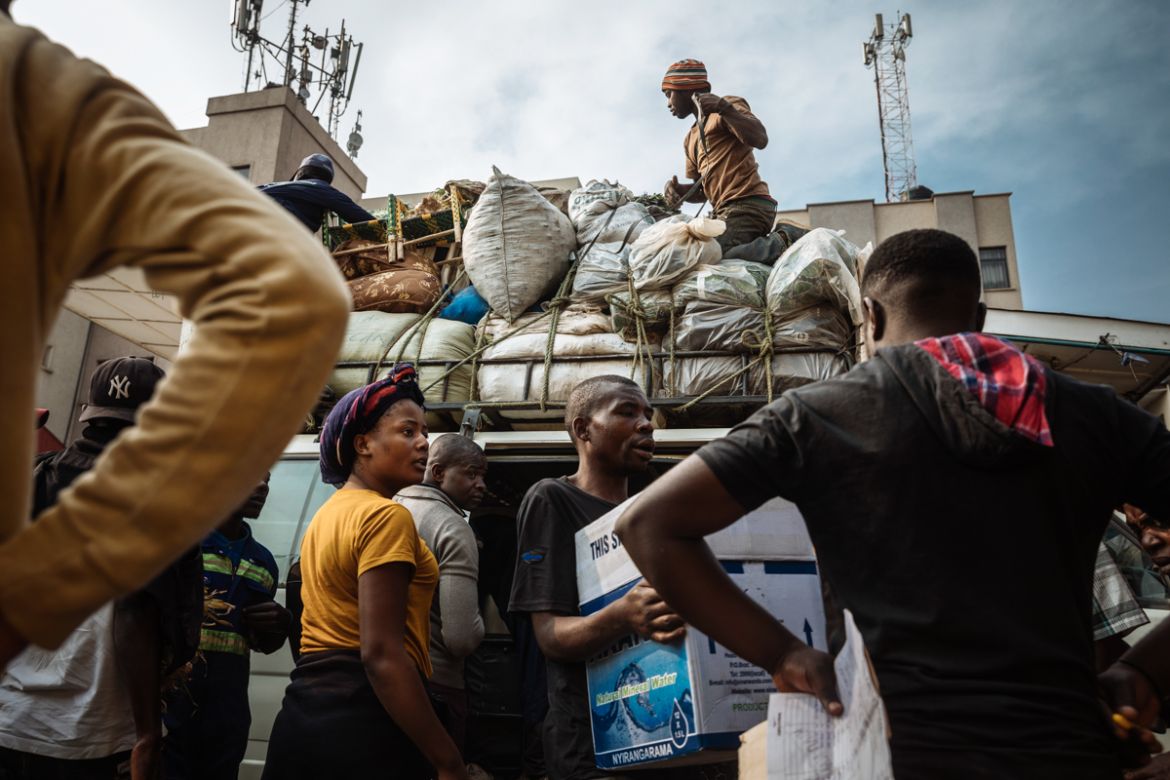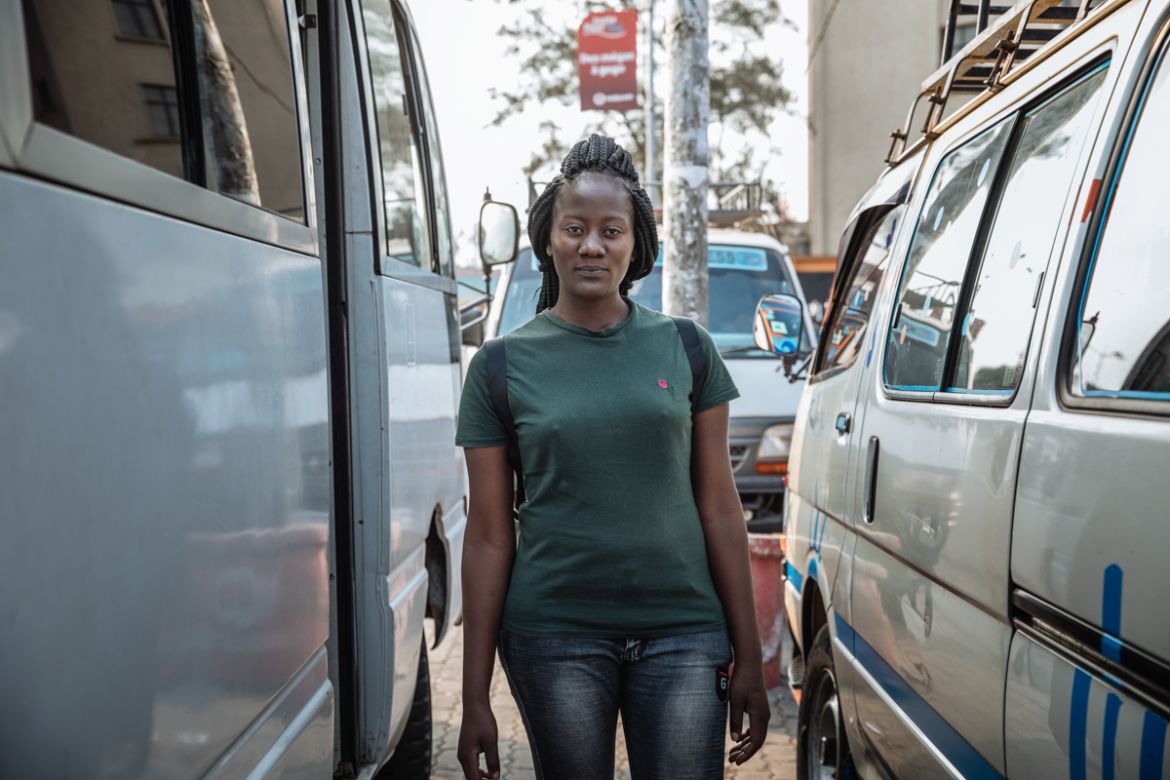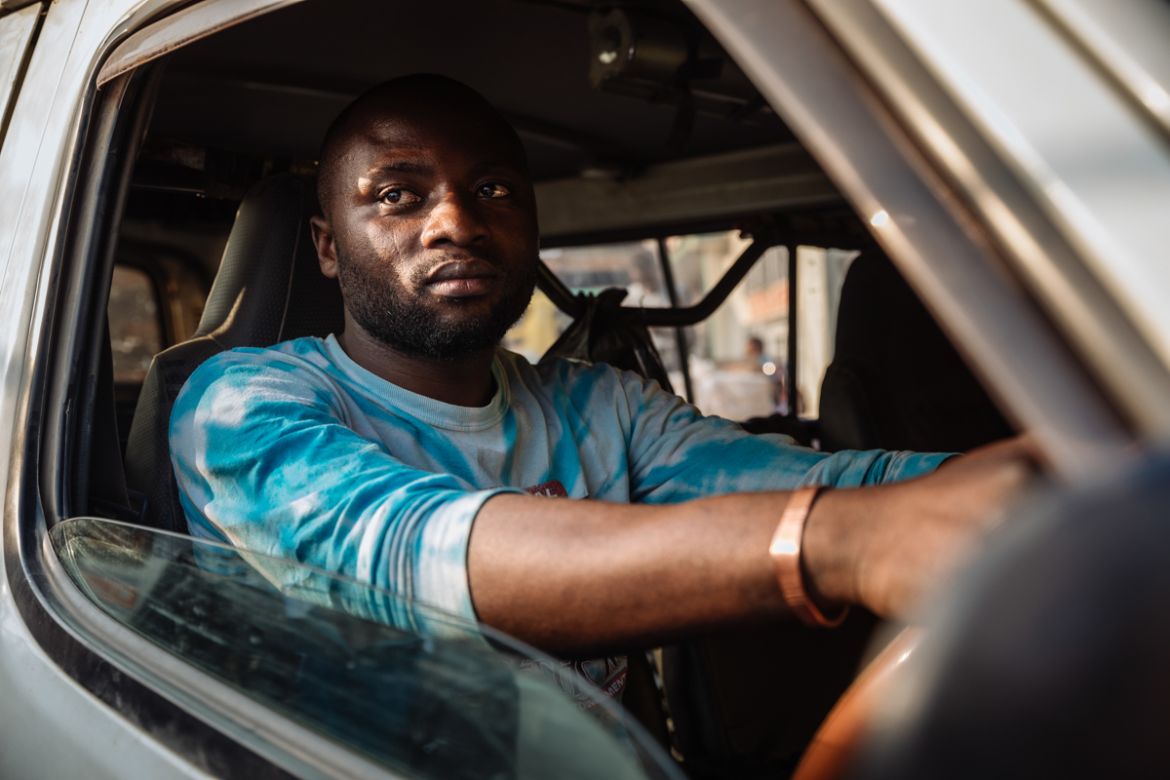In Pictures
On the front line of the Ebola epidemic
Healthcare workers in DR Congo continue to educate and treat people, trying to prevent further spread of the virus.
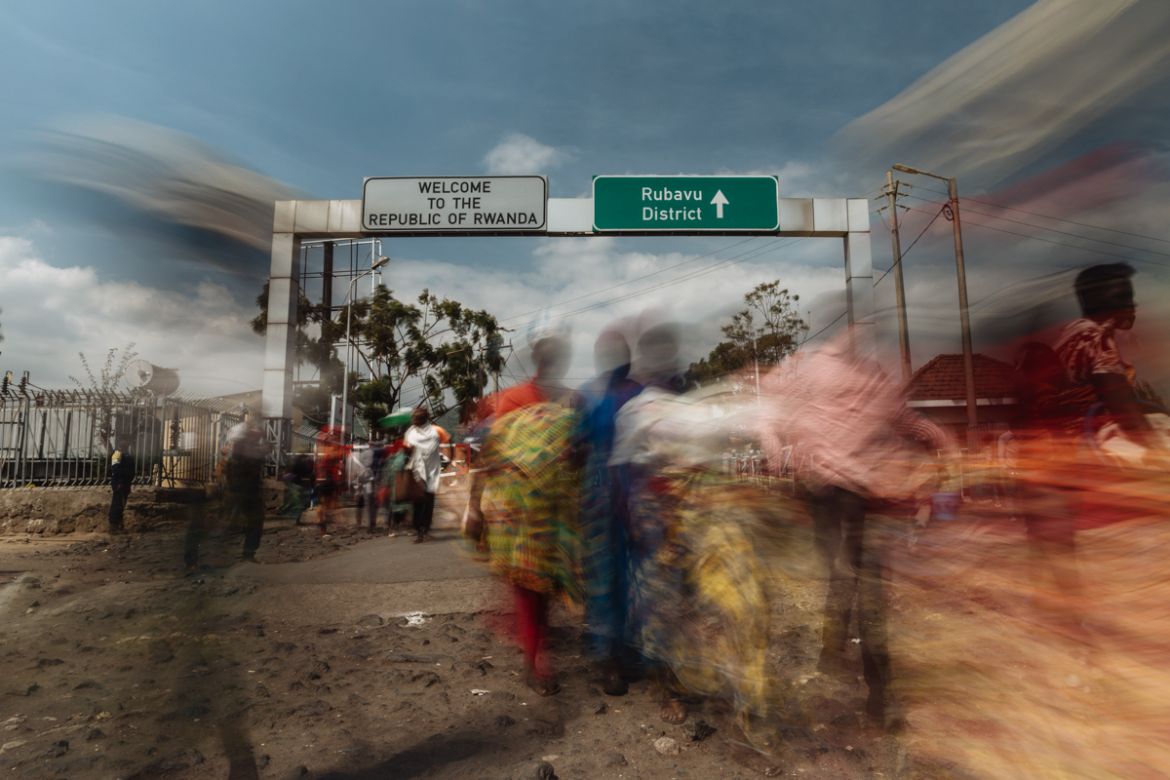
Over the past year, Ebola has killed nearly 1,900 people in the Democratic Republic of the Congo (DRC) across its Ituri and North Kivu provinces.
Combatting the spread of the virus, and overcoming the deep-seated myths and superstitions surrounding it, means gaining the support of everyone – from Ebola survivors and travel agents to preachers and bus drivers.
Many in these regions are constantly on the move in the pursuit of their livelihoods, going to markets and travelling to access goods and, in the process, they come into contact with countless others daily. Each of these encounters has the potential to spread the infection further.
Years of conflict between armed groups, fighting for a piece of the resource-rich country’s wealth, power and influence, has displaced approximately 4.8 million people, making it even more difficult to contain the virus.
The ongoing violence forces people to seek refuge in remote areas.
In July, the World Health Organization (WHO) declared the outbreak a public health emergency of international concern. However, the United Nations agency said no country should close its borders or place any restrictions on travel or trade because of Ebola.
Misconceptions about the virus spread quickly via social media and word of mouth. Some people believe it is a myth while others fear the first responders and their prevention tactics.
Here are some of the stories of ordinary people who play a key role as influential, front line responders combating Ebola.
